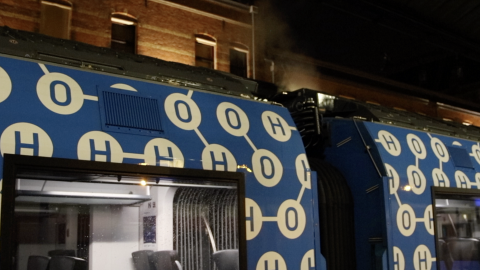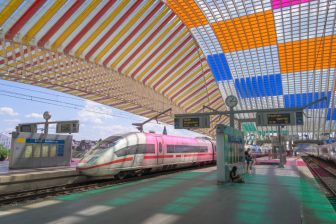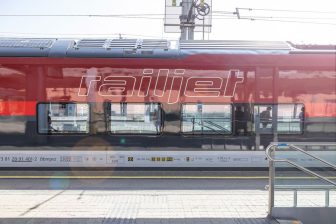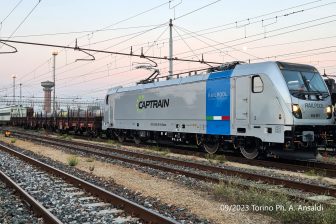
Europe to launch Hydrogen Alliance
The European Commission plans to launch the Hydrogen Alliance. It will join forces of all stakeholders for further development of the low-carbon fuel and the related technologies necessary, among other things, for the hydrogen-powered vehicles. To this end, an industrial forum will be organised by September 2020.
The EU Commission presented ‘A New Industrial Strategy for Europe’ last week. It is focused on sustainability and climate neutrality. Therefore, the document pays attention to hydrogen as a tool for reducing emissions and, among other things, initiates the European Clean Hydrogen Alliance for better coordination of all the parties concerned.
“The Commission will shortly propose to launch the new European Clean Hydrogen Alliance bringing investors together with governmental, institutional and industrial partners,” the Strategy reads. Together they will identify technology needs, investment opportunities, regulatory barriers and enablers. In order to support this work, the Commission will organise ‘an inclusive and open Industrial Forum’ by September 2020.
European Battery Alliance
It is not for the first time when the EU Commission launched an alliance for promoting some technology or innovation. In 2017 the European Battery Alliance (EBA) was established. It joined forces of the Commission, Member States, the European Investment Bank, key industry stakeholders and innovation actors. The EBA’s goals include, inter alia, creation of a competitive manufacturing value chain in Europe with sustainable battery cells at its core. According to some forecasts, Europe could capture a battery market of up to 250 billion euros a year from 2025 onwards.
Hydrogen trains
At the moment, the hydrogen-powered trains are being operated only in Germany. Two vehicles of Coradia iLint type are running on the non-electrified routes in Lower Saxony since September 2018. They were developed and manufactured by Alstom. 14 more hydrogen trains will be delivered to the German region by 2021. Last year, another operator Fahrzeugmanagement Region Frankfurt RheinMain (fahma) purchased 27 vehicles of the same type. Starting from the end of 2022, they will serve the routes in the Frankfurt Rhine-Main Metropolitan Area.
From 27 February to 14 March, the Coradia iLint train was being tested in the Netherlands. The Dutch province of Groningen regards the hydrogen-powered vehicles as an optimal solution for its mostly non-electrified railways. Besides Alstom, Swiss rolling stock manufacturer Stadler Rail is also developing its own hydrogen train that is based on the popular Flirt platform.
Read more about hydrogen- and battery-powered trains:



